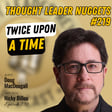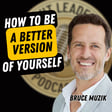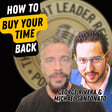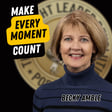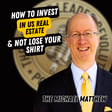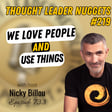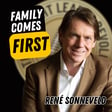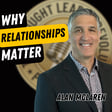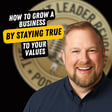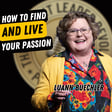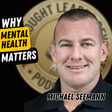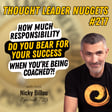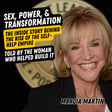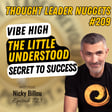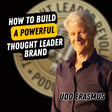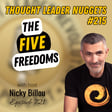
EP612: Andrew Matthews - How To Sell 10 Million Books!
“Acceptance is power. Acceptance allows us to move on.”
Are you bouncing back from a setback? Whether you're an entrepreneur facing adversity, a leader dealing with life’s challenges, or simply navigating through your own personal journey, resilience is the key to success. But how can you stay driven when the odds seem stacked against you?
Discover the art of resilience and non-attachment, uncovering how a little failure can be the gateway to monumental success, and exploring how to embrace challenges, bounce back stronger, and thrive, no matter the obstacle.
Andrew Matthews is a best-selling author and legend in the personal development world. With over 3 million copies sold of his first book, “Being Happy”, and countless other global bestsellers like “Making Friends” and “Bouncing Back”, Andrew has inspired millions to live with purpose, joy, and resilience and he shares his journey from rejection to success and how mastering the mindset of non-attachment has led him to uplift people worldwide.
Books:
Being Happy: https://www.amazon.com/Being-Happy-Andrew-Matthews/dp/0843128682
Bouncing Back: https://www.amazon.com/Bouncing-Back-Rebound-Disappointment-Disaster/dp/0645846244
Visit Andrew's website at andrewmatthews.com and subscribe to his newsletter for regular doses of inspiration.

